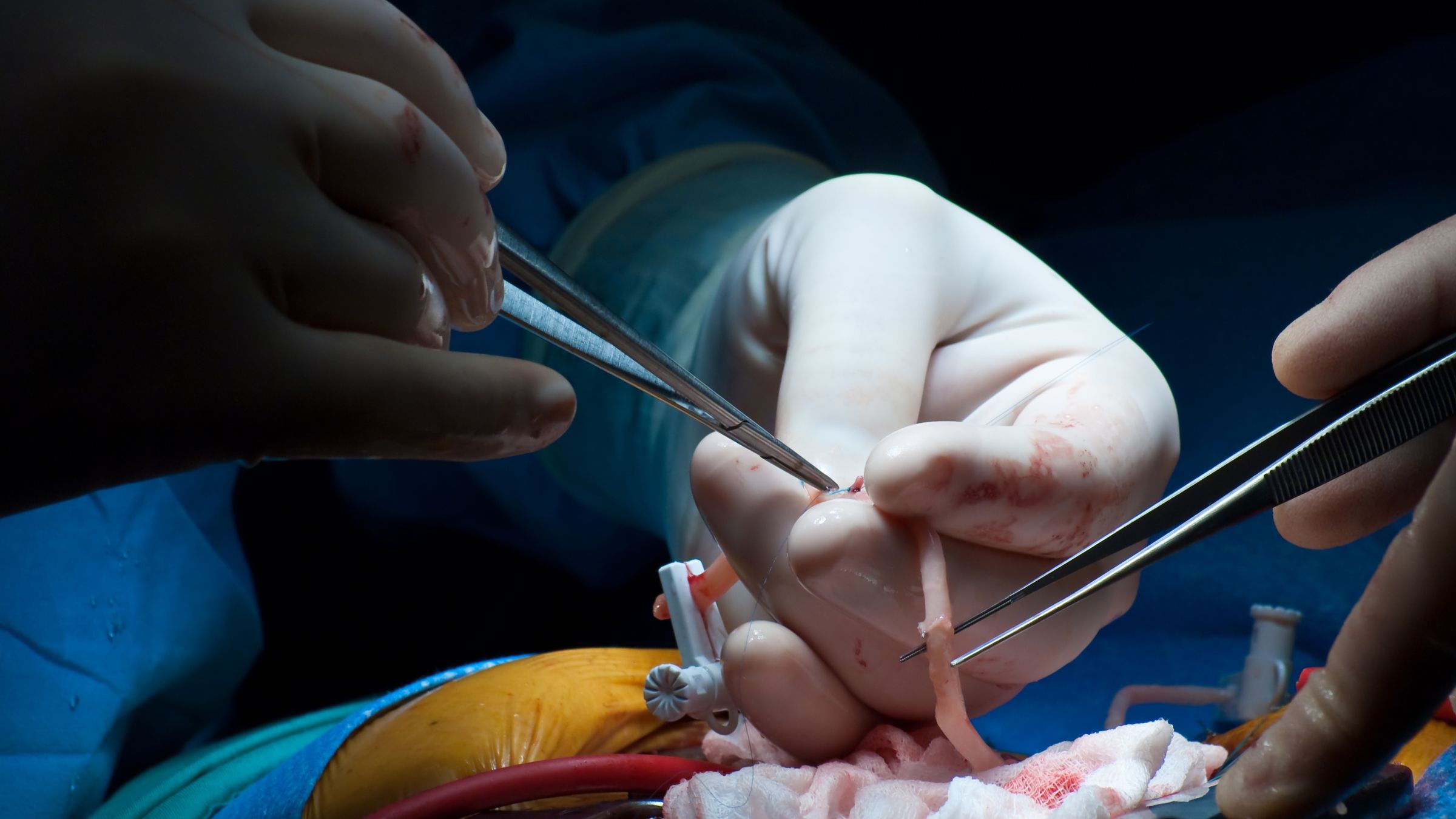
Cardiac surgery, a medical procedure designed to treat heart conditions, has witnessed significant advancements in recent years. This article explores the world of cardiac surgery, from its various procedures to recovery, while shedding light on its importance in treating heart ailments. Let’s delve into the intricate world of cardiac surgery and uncover its crucial role in saving lives.
Cardiac surgery is a medical marvel that has revolutionized the treatment of heart conditions. With the advancement of medical technology and surgical techniques, cardiac surgery has become a crucial lifeline for individuals suffering from severe heart ailments.
Cardiac surgery is a specialized field of medicine focused on treating heart diseases through surgical intervention. It involves a range of complex procedures aimed at correcting structural abnormalities, improving blood flow, and enhancing overall heart function.
CABG, commonly referred to as bypass surgery, is a procedure that restores blood flow to the heart muscles by bypassing blocked or narrowed coronary arteries.
This procedure addresses damaged heart valves by either repairing them or replacing them with artificial valves, ensuring proper blood flow through the heart.
Aneurysm repair involves the surgical correction of weakened areas in blood vessels, reducing the risk of rupture and potential life-threatening bleeding.
In cases of severe heart failure, a heart transplant may be the only viable option. This intricate procedure involves replacing a failing heart with a healthy donor heart.
Before surgery, a thorough evaluation is conducted to assess the patient’s overall health, medical history, and any potential risks associated with the procedure.
Patients are often advised to make certain lifestyle changes, such as quitting smoking, adopting a heart-healthy diet, and engaging in regular exercise.
Preparing mentally and emotionally for cardiac surgery is equally important. Support from loved ones and mental health professionals can aid in reducing anxiety and stress.
The surgery begins with administering anesthesia to ensure the patient’s comfort. An incision is then made to access the heart.
The specific procedure is carried out meticulously, whether it’s bypass surgery, valve repair, aneurysm correction, or heart transplantation.
Throughout the surgery, the patient’s vital signs are closely monitored. Once the procedure is complete, the incision is closed, and the patient is moved to the recovery area.
After surgery, patients are closely monitored in the ICU. This critical phase allows medical professionals to manage pain, monitor progress, and address any complications.
Once stable, patients are transferred to the regular hospital ward, where they continue their recovery under medical supervision.
Cardiac rehabilitation involves a structured program of exercise, education, and support to help patients regain their strength, confidence, and overall well-being.
Technological advancements have led to minimally invasive approaches, reducing incision size and promoting faster recovery times.
Robotic-assisted surgery allows for greater precision and control, enabling surgeons to perform complex cardiac procedures with enhanced accuracy.
The exciting field of tissue engineering holds the potential to create new heart tissues, offering revolutionary treatment options for patients.
As with any surgical procedure, there is a risk of bleeding and infection. Proper postoperative care and monitoring help mitigate these risks.
Formation of blood clots is a concern after cardiac surgery. Blood-thinning medications and movement encourage blood circulation and prevent clot formation.
Irregular heart rhythms may occur post-surgery. Monitoring and, if necessary, treatment help manage arrhythmias and promote optimal heart function.
Following prescribed medications, such as blood thinners or anti-rejection drugs after a transplant, is essential for a successful recovery.
Attending regular follow-up appointments allows medical professionals to track progress, address concerns, and make necessary adjustments to the treatment plan.
Embracing a heart-healthy lifestyle through diet, exercise, and stress management significantly contributes to long-term heart health.
Cardiac surgery stands as a remarkable testament to medical advancement and dedication to saving lives. With cutting-edge techniques, comprehensive preoperative preparation, and diligent postoperative care, cardiac surgery continues to pave the way for improved heart health and enhanced quality of life.

WhatsApp us